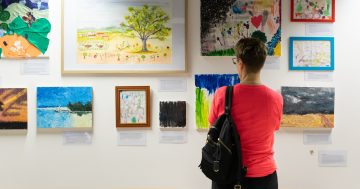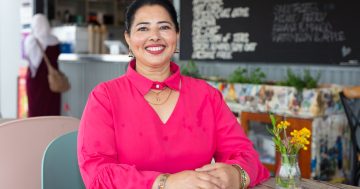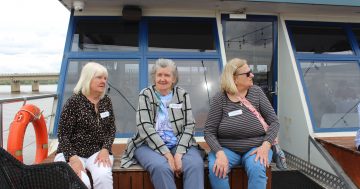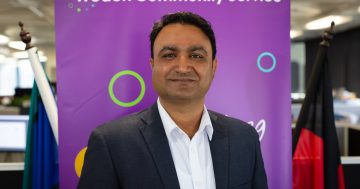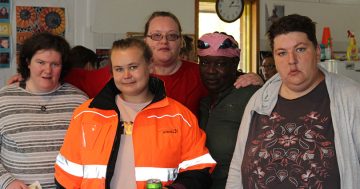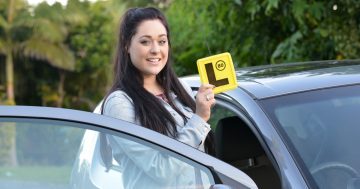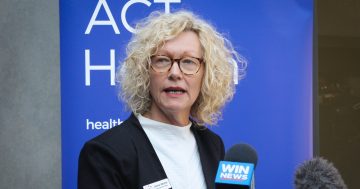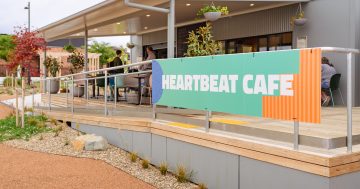
Woden Community Services’ free English conversation classes prepare students for interactions most take for granted. Photo: FatCamera.
Joanne Malpas has been giving the gift of communication for about six years in her role as language tutor for the Hughes English Conversation group.
The Woden Community Services (WCS) volunteer says her background as English, French and German teacher is surprisingly not the most valued skill she brings to the table.
Aside from a firm grasp of the English language and access to the internet, she says group volunteers need “soft skills”.
“We have a librarian, an accountant, a midwife, someone who works at schools but not in teaching, and two public servants. You don’t need to have a qualification in education to teach English to our audience,” Joanne says.
“What you need is to be open and empathic. You need to demonstrate you’re trustworthy. You need to be understanding and tolerant of others. You need to be patient and committed.”
The group started at Hughes Primary School as a service for the parents of registered students. But word soon spread and when the class outgrew the school, it moved to the church next door.
Now the group of 25 to 30 is guided by a core of six volunteers and some ‘floaters’.
Volunteers aren’t handed a curriculum but support each other to develop a “ladder” approach to usher students through three proficiency levels and ensure nobody is left behind.
“It’s really everyday English we try to help clients with – especially the beginners, who speak absolutely no English,” Joanne says.
“We find out what they need and try to give them the language to interact in those situations.
“It might be anything from shopping to doctors’ visits, giving your details or just social conversations with others so they can make connections outside their language groups.”
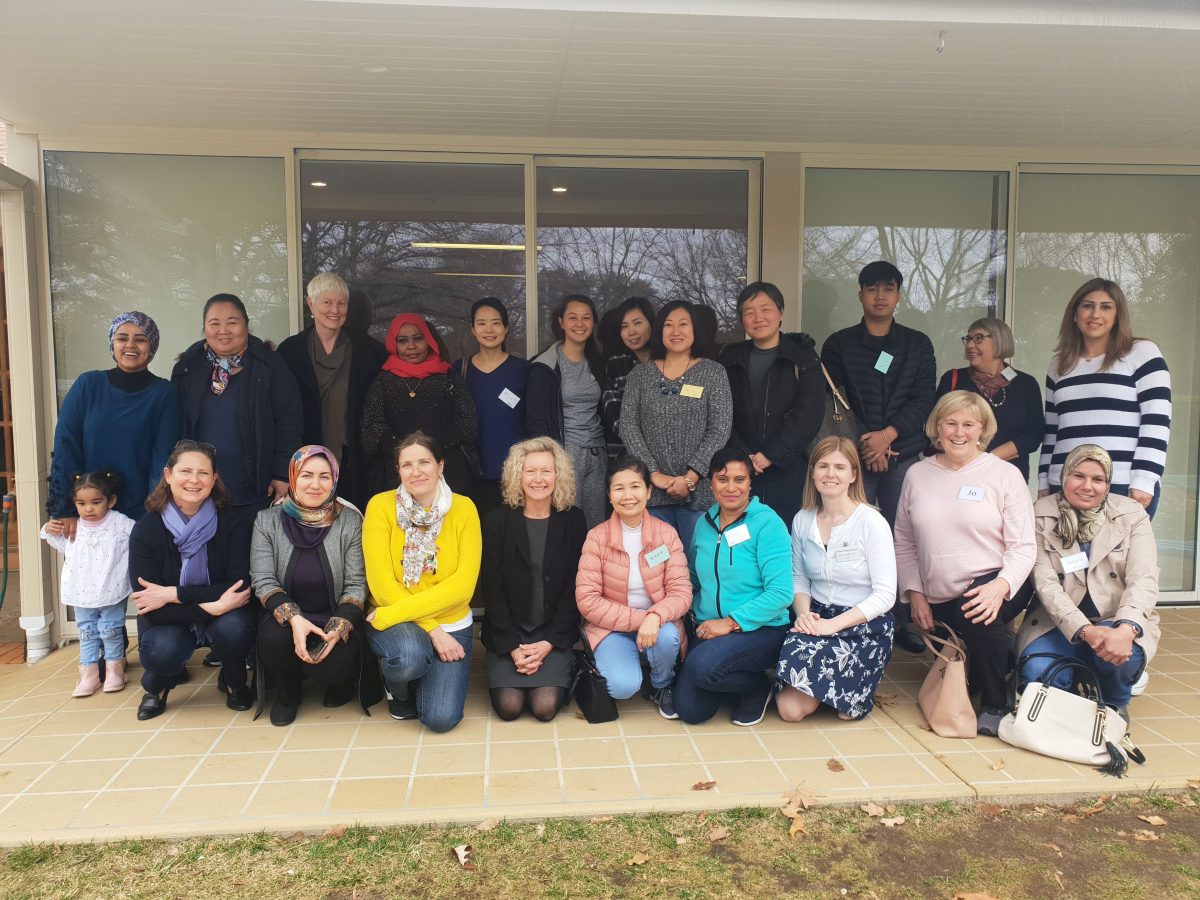
Joanne Malpas (second from right, front) has volunteered in Woden Community Services English conversation groups for about six years. Photo: WCS.
One of three free weekly English conversation groups run by the WCS, the group in Hughes helps people connect socially, support each other and improve their English.
Joanne says the groups equip students for the interactions many take for granted.
“When they’re new here [in Australia] they struggle to access basic services,” she says.
“They’re ill-equipped to deal with medical for example, and interpreter services are complicated to get.
“Education is another – not understanding what’s going on at their children’s school.”
Joanne says seeing students progress through the levels is gratifying, and seeing them pass their Australian citizenship English test is an ultimate reward.
But other “less dramatic” rewards warrant mention. “Like seeing how they value the social interaction with other people,” she says.
“After a few weeks, many of them go out for coffee together.”
Creating a safe space to make mistakes has been one of the cornerstones of the group’s success.
“Most of the time there’s no common language within the group, so they all struggle together,” Joanne says.
“It helps them be encouraging towards each other and feel supported in taking risks, so they attempt conversations they wouldn’t in other social situations.”
She says another essential component of effective volunteering is consistency.
“It’s important you turn up. Our students are all busy people and make an effort to come and do this. If there were no consistency, they would stop coming.
“It’s hard to build trust if the service is unreliable, so you must only commit to what you know you can do.”
It’s pertinent advice for prospective volunteers.
“Most people who volunteer are naturally generous people, so they say ‘yes, yes, yes’ and then burn out. Know your boundaries and stick to them,” Joanne says.
“You also have to like what you’re doing. It has to give you pleasure because that’s your payment.”
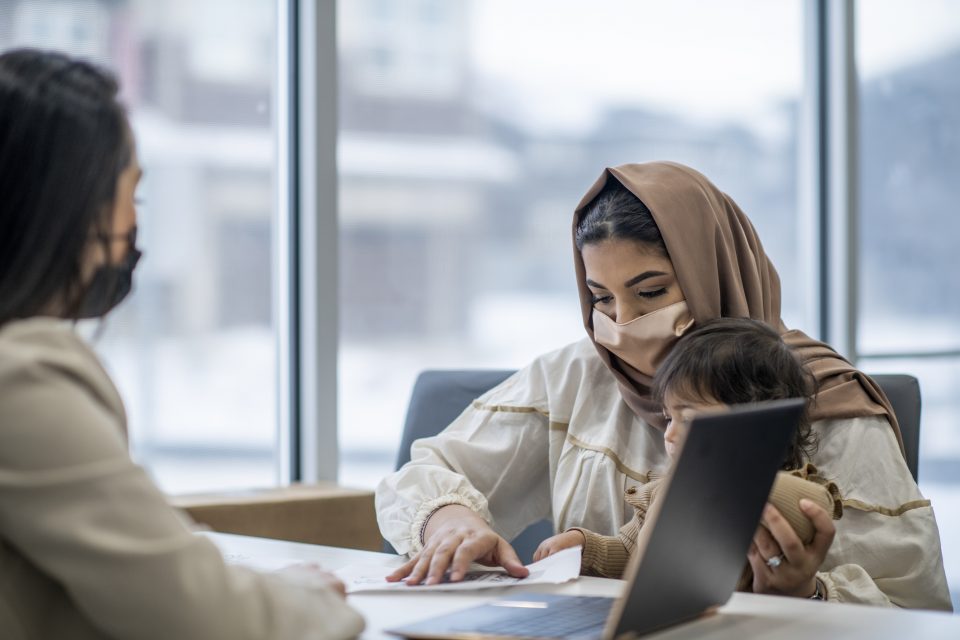
English conversation classes equip students with the language and confidence needed for everyday interactions. Photo: FatCamera.
Joanne says volunteering also offers her the freedom to comment on the program “without fear of losing my job”.
“It allows me to influence things in a way I don’t get when I’m working for a pay cheque.
“The dynamic is very different to paid work. The reward is also different. It’s a great reward.”
National Volunteers Week 2022 is from 16 to 22 May. To learn more about volunteering opportunities at Woden Community Services, visit the website.












